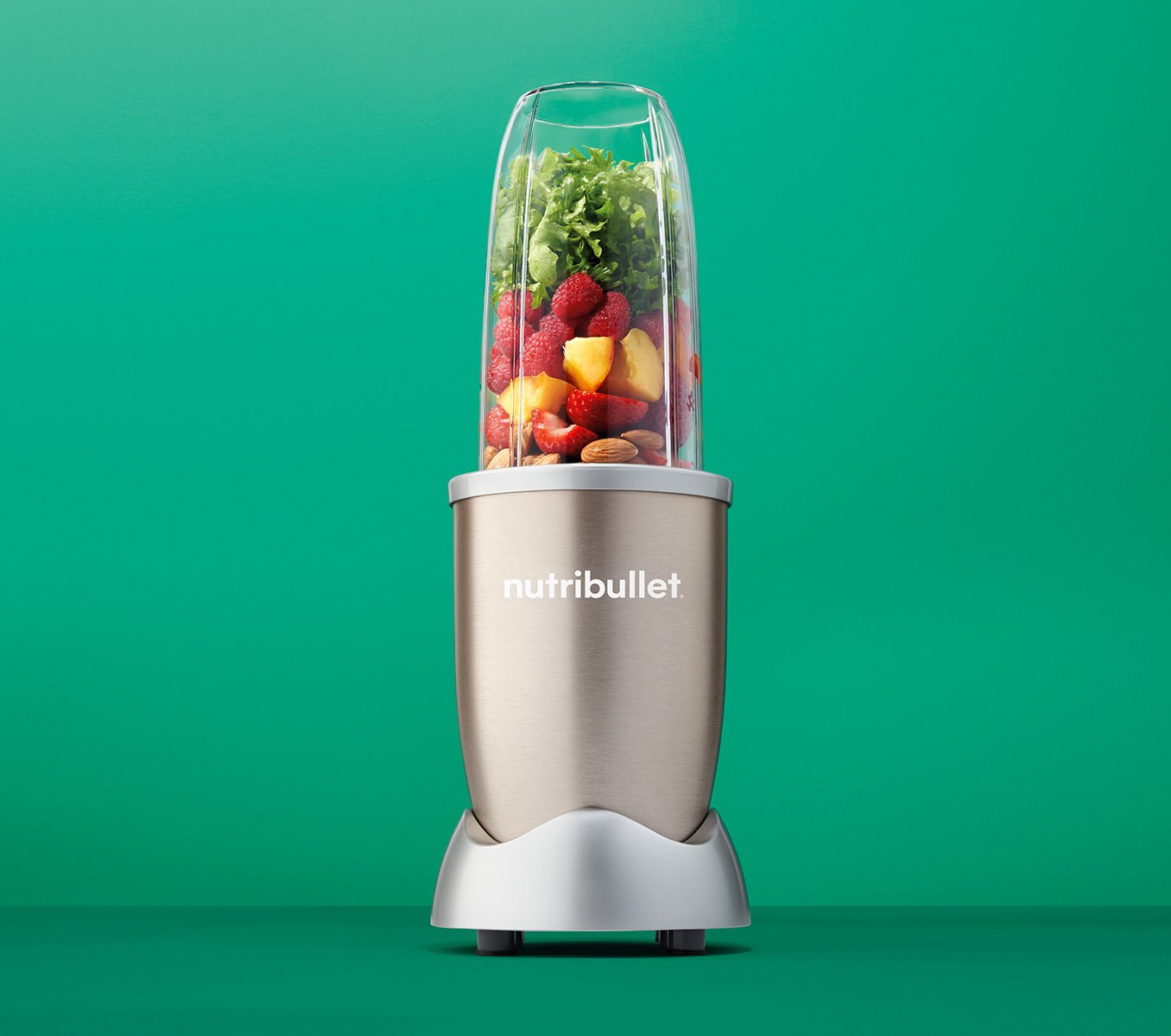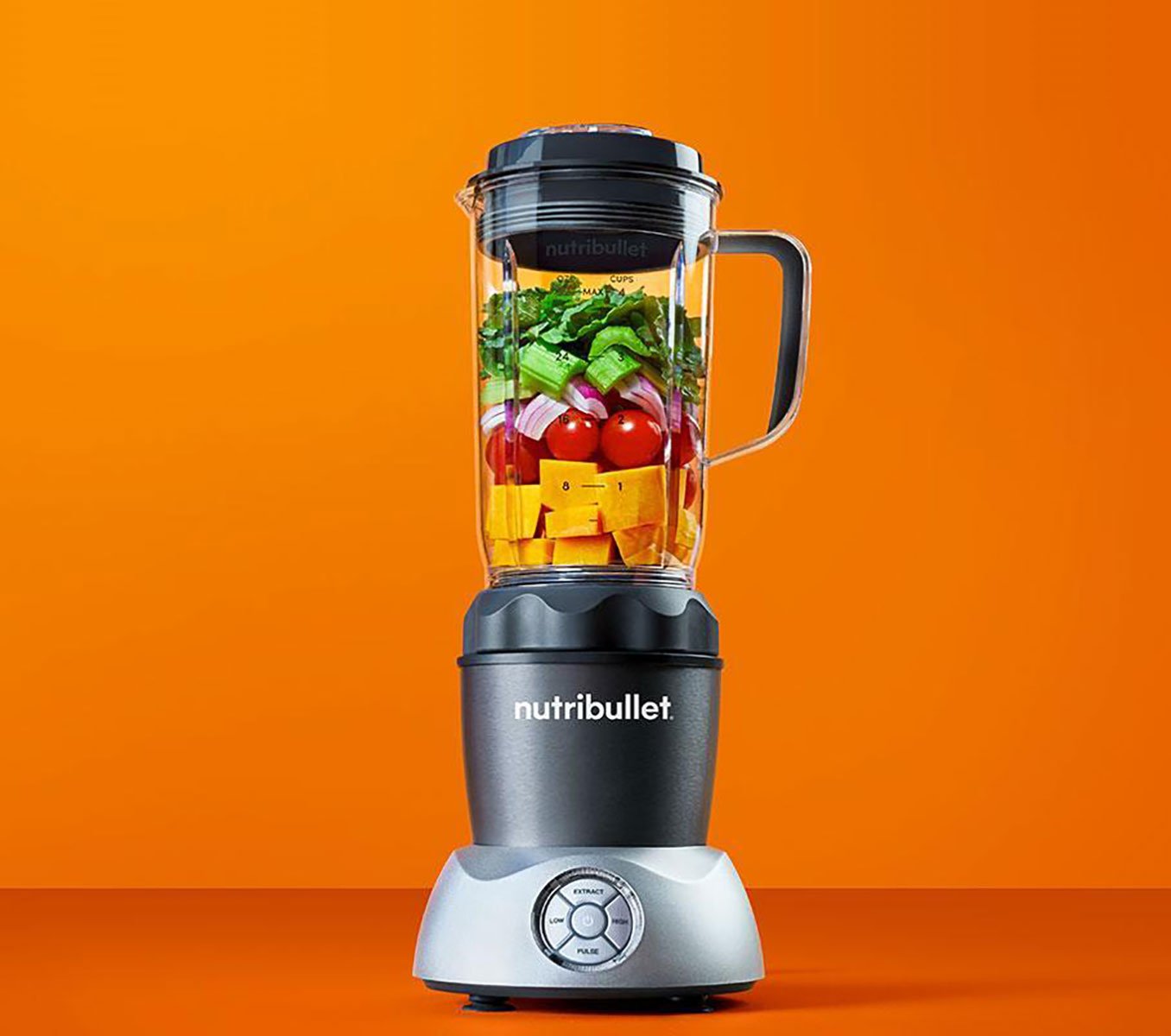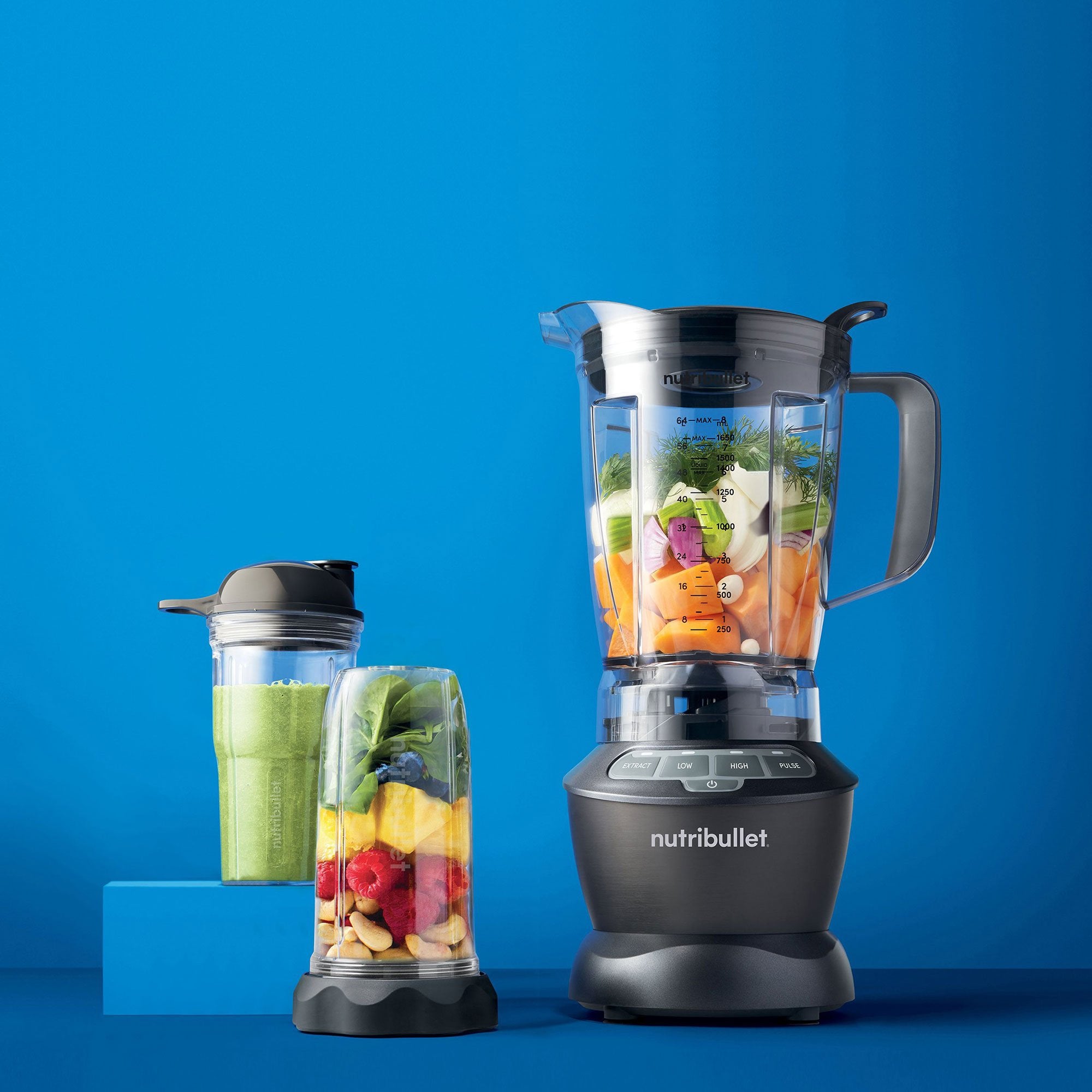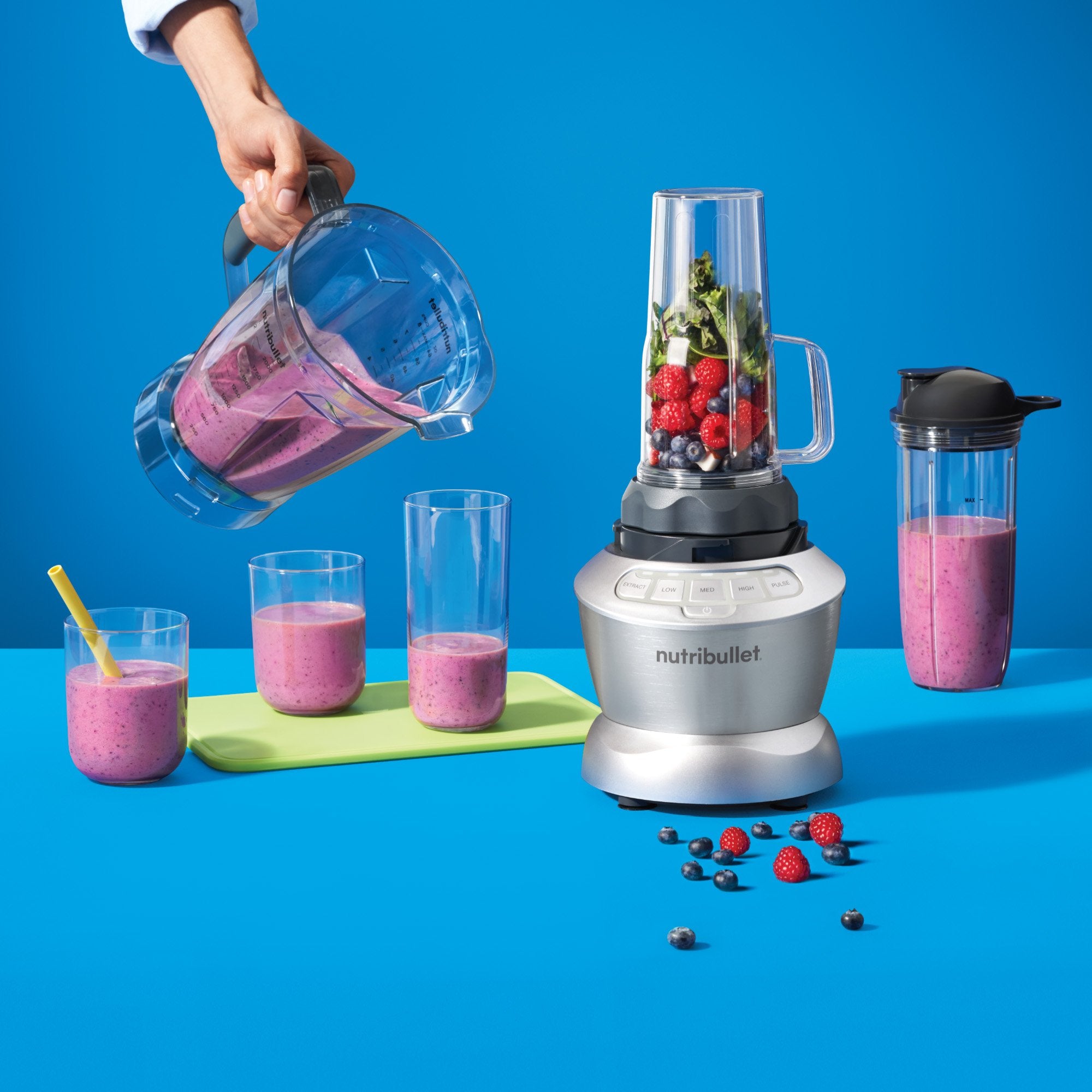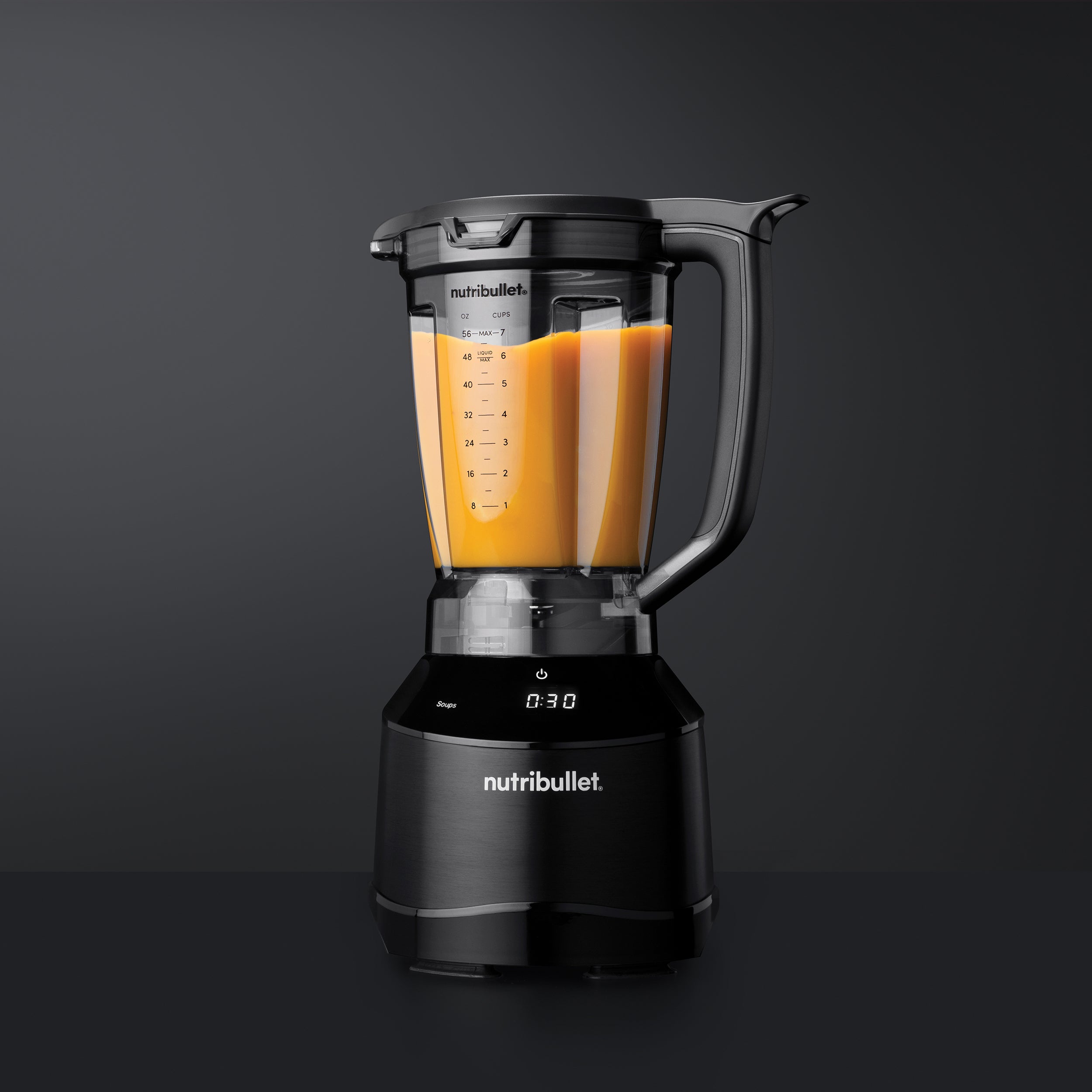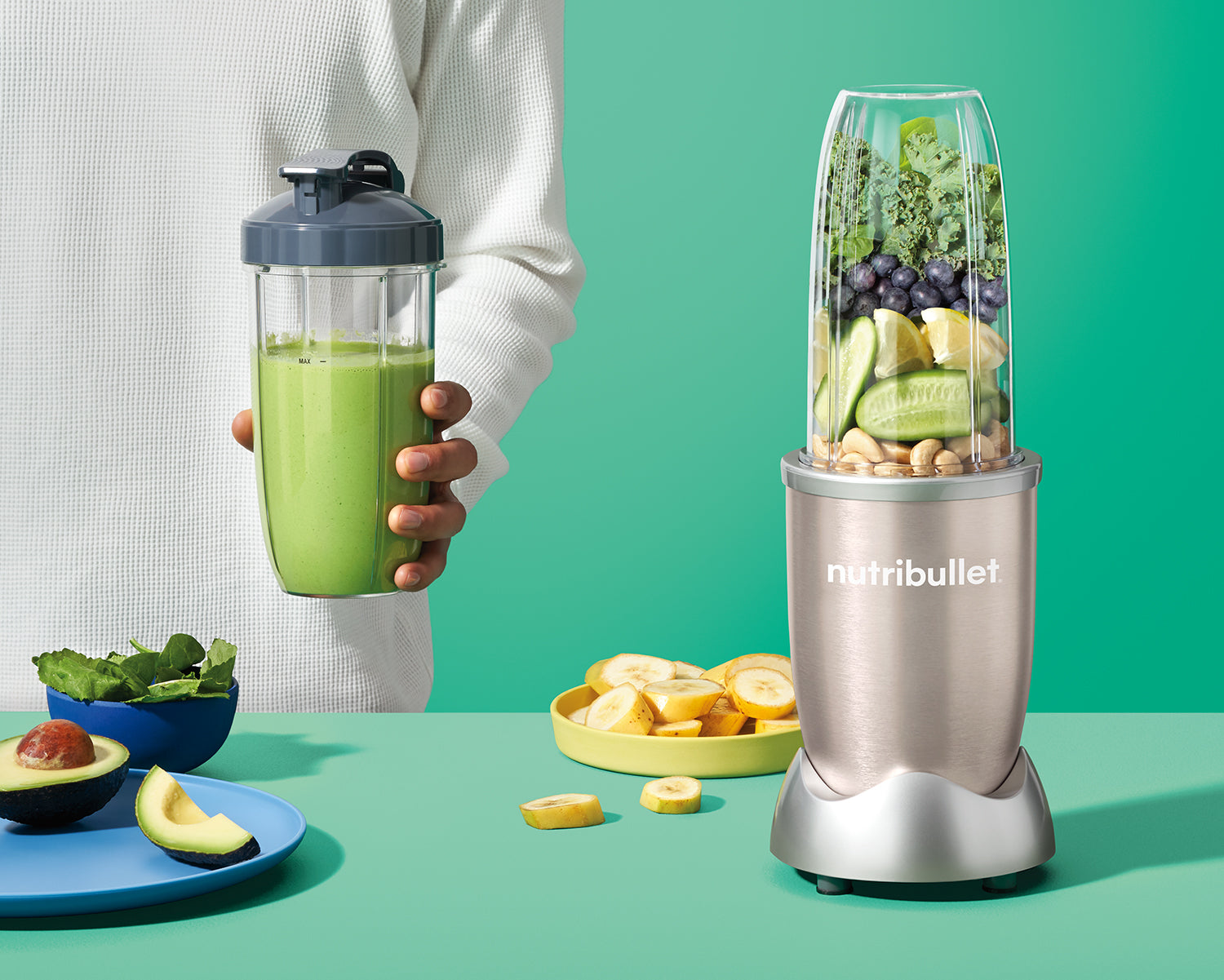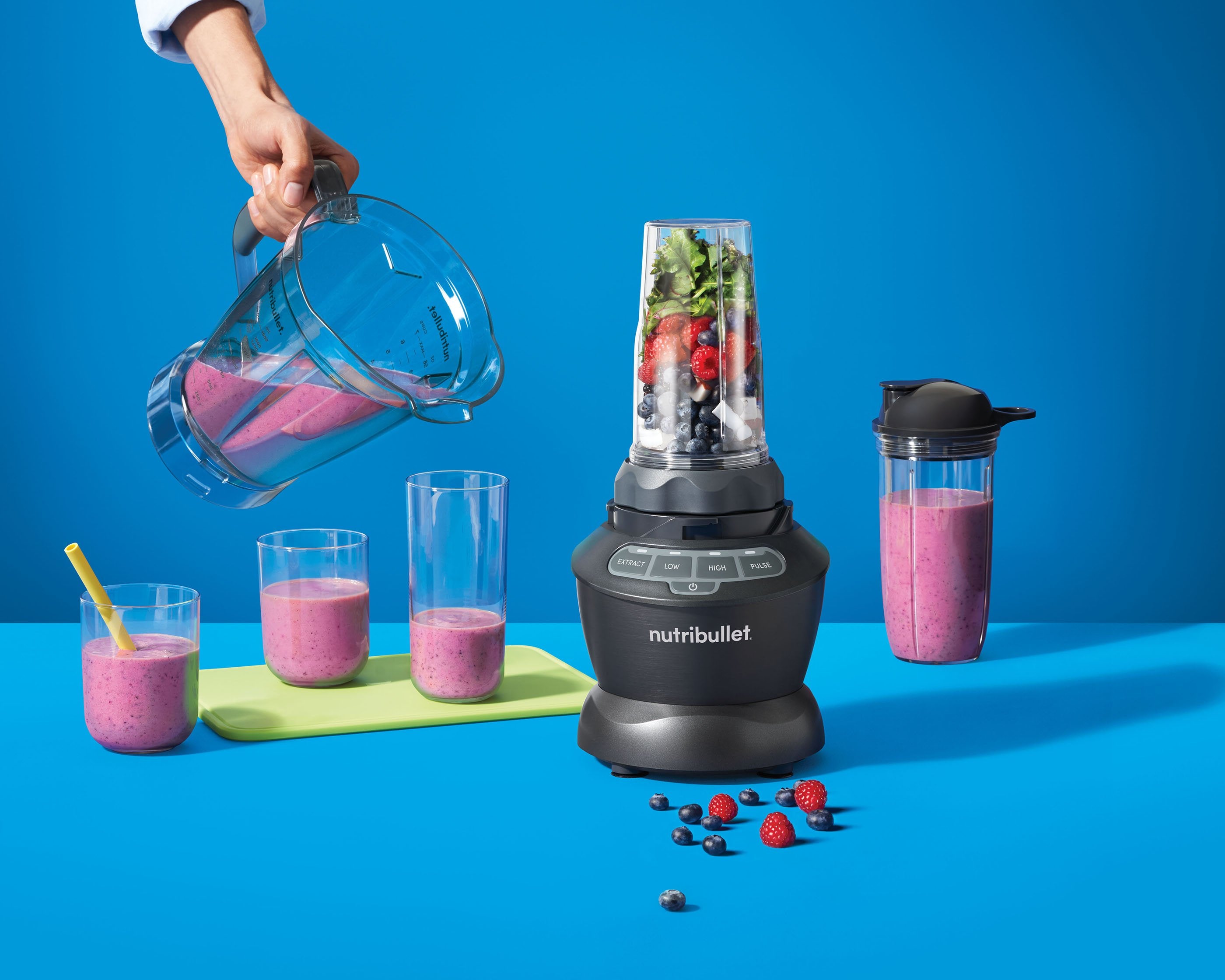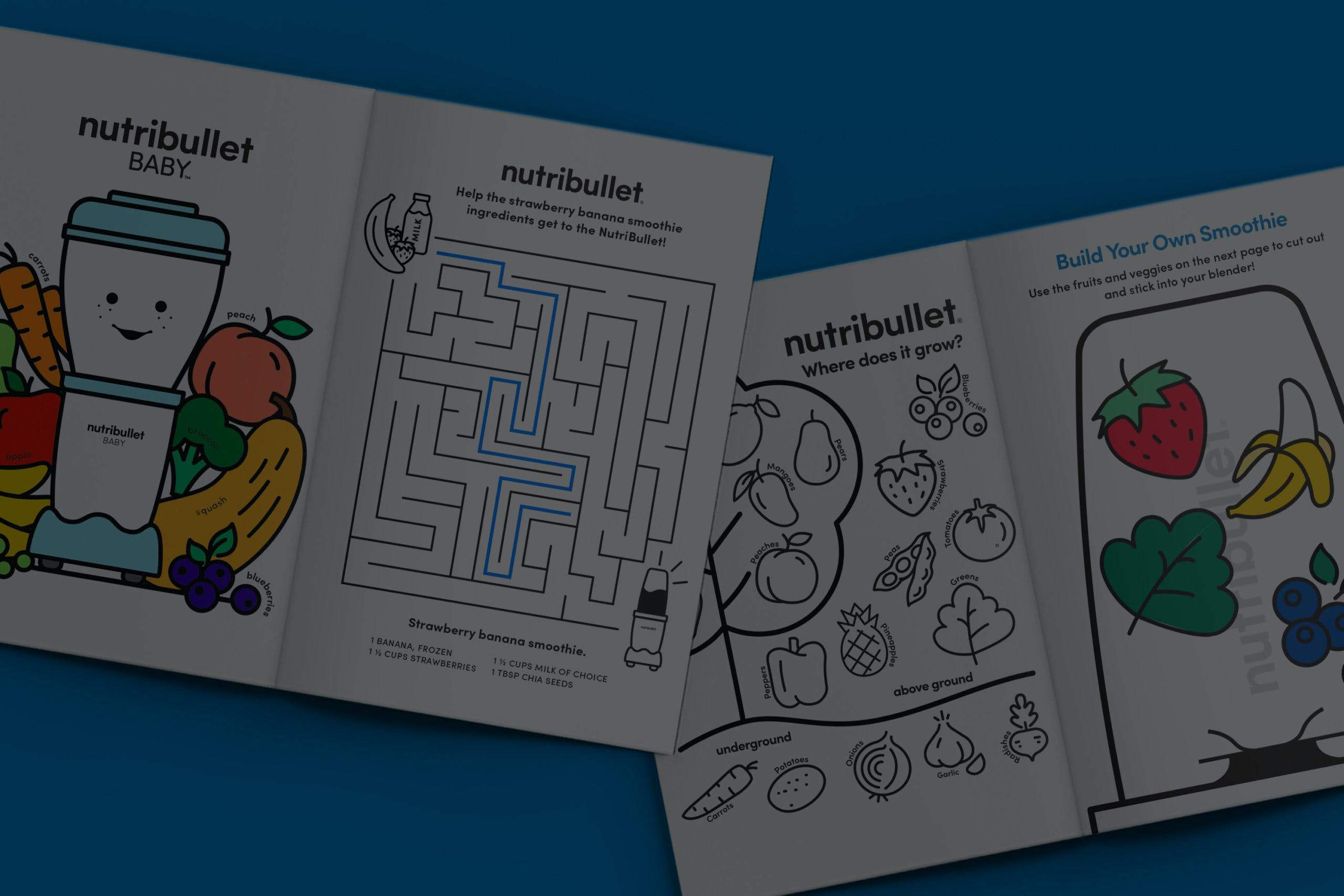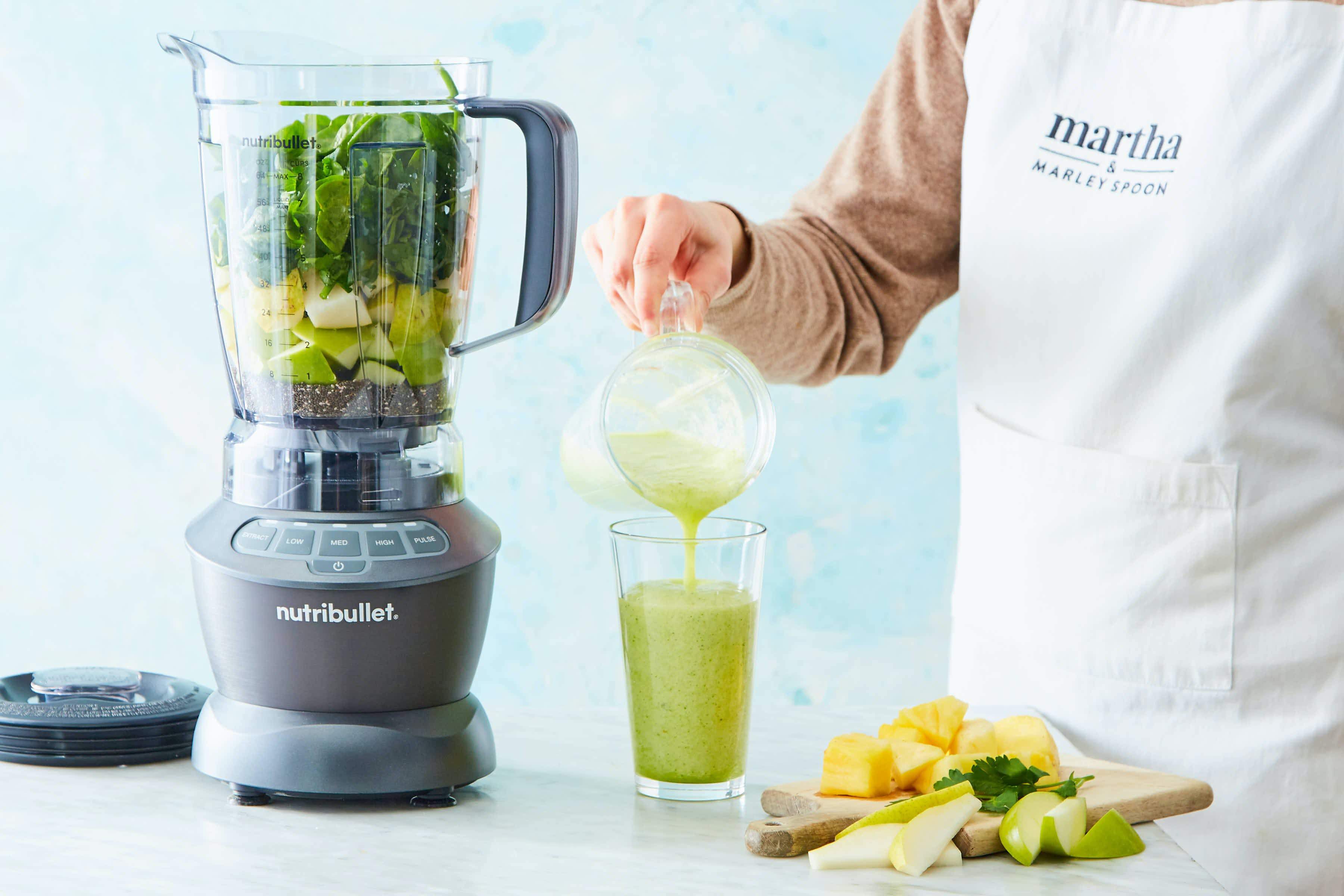Many of us often associate nutrition with how our clothes fit us, how our skin might look, and how we feel – but how often do we think about how our nutrition affects our brain? With this month being Alzheimer’s and Brain Awareness Month, it makes sense to delve further into the research about how our food choices can lead to inflammation and insulin resistance, increasing our risk for neurodegenerative diseases.
By making positive food choices that diminish the possibility for infection, support the way our brain is meant to function, promote blood flow, and combat insulin resistance, we can work to prevent Alzheimer’s disease.
While there is some part of Alzheimer’s associated with genetics, there are foods that can also help to prevent its onset. Let’s discuss some food choices that can help prevent the disease.
Stay away from sugar-laden foods.
Foods that are high in sugar as well as refined carbohydrates, like white pasta, potatoes, and flours, cause elevated blood sugar levels which can lead to inflammation of the brain. Elevated blood sugar levels over an extended period of time can also lead to dementia. It’s important to be aware of all the foods with hidden sugars like bread, pasta sauces, condiments and breakfast cereals. Other high sugar culprit foods are items advertised as low fat. When the fat is removed from food, something has to be used to replace the flavor fat would have given it. The replacement ingredient is usually added sugar.
Eat healthy fats, like omega-3.
Wild salmon, trout, sardines, and mackerel are some of the best cold-water fatty fish a person can consume. They are all high in EPA (eicosapentaenoic acid) and DHA (docosahexaenoic acid) which have been said to help prevent Alzheimer’s disease by helping reduce inflammation and oxidative stress in the brain.
Tree nuts are also beneficial.
Walnuts, pistachios, almonds, and Brazil nuts all have decent amounts of omega-3 fatty acids in them. Walnuts have the most and are known to help increase mental functioning! Not only do they help fight inflammation like omega-3’s do, but they can also aid in blood circulation and are a good source of vitamin E and B vitamins.
Fruits and vegetables, of course!
This one shouldn’t come as a shocker, especially when it comes to aiding in cognitive function. Researchers have looked into the neuroprotective effects of blueberries as well as other berries like strawberries.
Green leafy vegetables, like chard, dandelion greens, and spinach, also support brain function due to their richness in antioxidants such as folate, beta-carotene, and vitamin K. One major component of these vegetables, lutein, has also been found to help preserve mental awareness as the brain goes through the aging process.
Cruciferous vegetables, like broccoli and Brussels sprouts, also contain folate and have carotenoids that help lower homocysteine, an amino acid that, if found in high levels, links to cognitive impairment.
Go crazy with spices!
Well, you don’t have to go crazy with all the spices – just curcumin, which is the active ingredient in turmeric. Curcumin is known as a powerful anti-inflammatory agent, but that doesn’t mean you should go eat a lot of curry dishes to keep your brain revved up. Research has shown that the antioxidant and anti-inflammatory properties of curcumin can influence the development of dementia and the functioning of the brain. It is also best to ingest curcumin extract, as a typical turmeric root only contains 2 to 5 percent curcumin. Cinnamon, cumin, and sage are also said to be beneficial anti-inflammatory spices.
Tea Time!
Make that tea a green one. Studies show an improvement in cognitive function and substantial decreases in oxidative stress align with consuming 2 to 4 cups of hot or cold green tea daily. This is due to polyphenols in both green and black tea, which have neuroprotective properties and can protect brain cells.
Nutrition plays a major role in brain health. Cutting sugar and fueling your body with foods that are rich in omega-3 fatty acids, antioxidants, and other brain-boosting nutrients can help keep your brain healthy and reduce your risk for neurodegenerative diseases like Alzheimer’s and dementia.
Nutritional information
Recipe: Creamy Green Strawberry Dream Serving in this recipe:1
- Calories: 236.6
- Total Fat: 3.6 g 5.5%
- Saturated Fat: 0.4 g 1.9%
- Cholesterol: 0 mg 0%
- Sodium: 358.7 mg 14.9%
- Total Carbs: 45.7 g 15.2%
- Dietary Fiber: 9.9 g 39.4%
- Sugar: 22.1 g
- Protein: 8.1 g 16.2%
- Vitamin A: 481.9% Vitamin C: 244.1%
- Calcium: 68.5% Iron: 26.1%
* Percent Daily Values are based on a 2,000 calorie diet. Your daily values may be higher or lower depending on your calorie needs.

